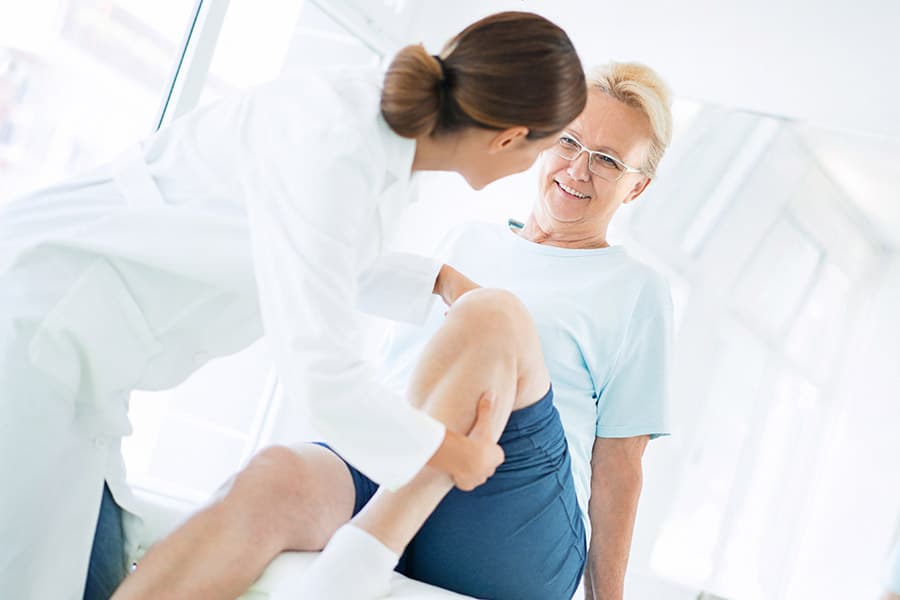Varicose veins are veins which have reduced capability to transport blood back to the heart against gravity and are a common manifestation of chronic venous disease (CVD). They often appear twisted, swollen and enlarged. They are often only of cosmetic concern but can become a medical issue if complications establish.
Risk factors for the development of varicose veins
So far it has been impossible to determine one specific cause for the development of varicose veins1. The formation and progression of varicose veins is multifactorial and many risk factors such as gender, increasing age, obesity, pregnancy as well as family history have been identified2. These various genetic, lifestyle and environmental risk factors have been described in multiple research studies. However, not all individuals who are exposed to these risk factors develop varicose veins, suggesting that genetics may play a significant role in disease development3.
Genetics as main reason for varicose vein formation?
Most researchers and physicians are convinced that genetics plays a moderate-to-strong role in the development of chronic venous disease (CVD) and the formation of varicose veins4. Family history of venous insufficiency disease and varicose veins have often been recognized as a significant risk factor for individual patients. However, understanding the exact nature and influence of genetics has proven to be tricky.

More collaborative research is still required
Despite, the existence of several studies which have been conducted to investigate the subject in more detail, small sample sizes and lack of replication have left many open questions. For better understanding the genetics associated with venous disease there remains a need for more collaborative, well-designed and large-scale studies.
Are varicose veins age-related?What is the benefit of understanding the genetics behind the disease in more detail?
Genetic linkages would provide a clearer understanding why primary varicose veins do sometimes occur in young adults without any specific cause. Even more important, research might be able to identify high-risk groups and allow the use of early preventive measures. Thus, genetic research may help to improve medical treatments and usage of personalized, targeted preventive measures for high-risk patients. Preventive measures such as lifestyle changes or usage of compression stockings may be appropriate in order to prevent or limit progression of the disease in patients with a genetic high-risk profile5.
Nevertheless, today there is limited understanding of the complex underlying genetic factors which cause the formation of varicose veins and thus a clear identification of high-risk patients is not yet possible.
